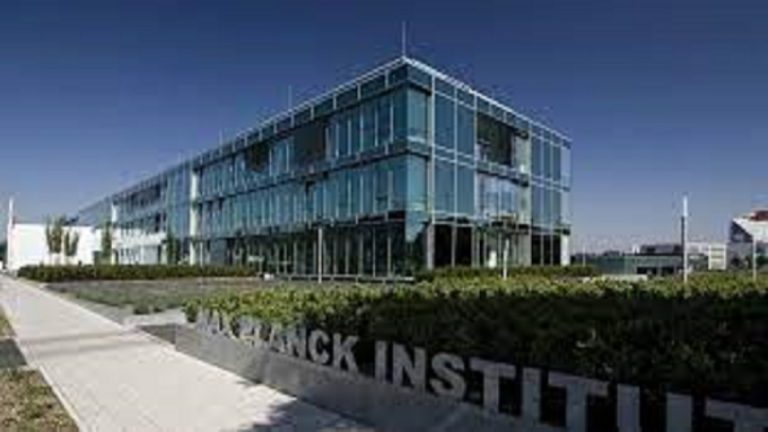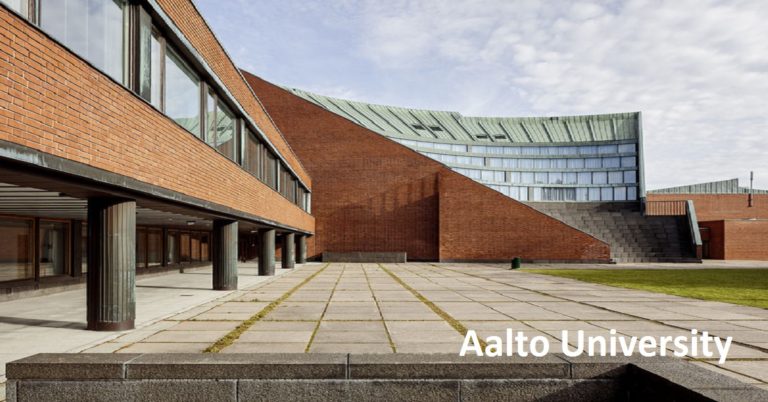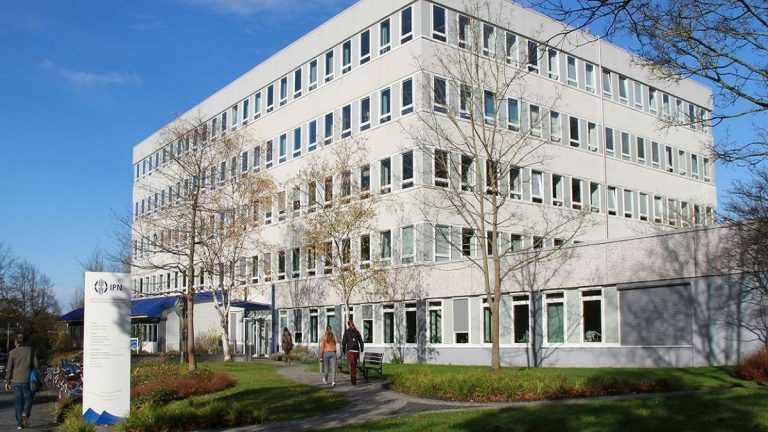
The efficient upgrading of methane, the major component of natural gas and biogas, has been a longstanding challenge for the scientific community. Methane, which is a very refractory compound, can be chemically converted into higher hydrocarbons/liquid fuels by either indirect routes or low-yielding direct routes. The direct routes involve processes such as oxidative coupling of methane, high-temperature methane coupling, methane aromatization, whereas the indirect routes involve methane upgrading via intermediates syngas formed from the reaction of methane with oxygen, steam, and so on. Unfavourable thermodynamics result in low product yields for the direct methane conversion routes which makes them commercially less viable. Instead, the indirect syngas-based routes are considered to be promising from a commercialization viewpoint. One of the most widely studied technologies for the methane-upgrading process is the gas-to-liquids (GTL) process, which involves conversion of methane into syngas in the first step followed by conversion of syngas to hydrocarbon liquids in the second step via the Fischer–Tropsch process. The “Institute of Energy and Climate Research: Electrochemical Process Engineering (IEK-14)” is working on reactor development for the partial oxidation (POX) of methane using membrane reactors based on ANSYS Fluent simulation.
Area of responsibility
Membrane reactors are potentially suitable for producing syngas via partial oxidation under mild conditions. In addition to their high efficiency (conversion and selectivity) and flexibility, membrane reactors have the advantage that they have a modular design and theoretically can be used anywhere where excess heat is available. The aim of this work is to develop and analyse membrane reactor concepts for POX by CFD simulation. The work packages include the tasks below:
- Liteature review on different membrane concepts and their suitability for POX;
- Fluid dynamics modelling of selected membrane rectors;
- Results validation with kinetics;
- Parameter analysis and optimization.
Requirements
- You are completing a Master’s degree in Mechanical Engineering, Process/Energy Engineering, or meet the equivalent requirements;
- Independent and scientific working method;
- Willingness to work in the interdisciplinary fields of energy and process engineering;
- Good coursework;
- Good English proficiency in spoken and written;
Applicants with CFD modelling background such as ANSYS Fluent are strongly encouraged to apply.
Our offer
- A versatile, highly motivated working group of international character within one of the largest research institutions in Europe.
- Excellent scientific and technical infrastructures.
- Intensive support of the work on site.
Contact person
Hong Huang (M. Eng.)
Institute of Energy and Climate Research
Electrochemical Process Engineering (IEK-14)
Department of Fuel Processing and Systems Forschungszentrum Jülich GmbH
52425 Jülich
E-Mail: h.huang@fz-juelich.de
Tel. 02461 61-85193
https://www.fz-juelich.de/iek/iek-14/EN/Home/home_node.html






